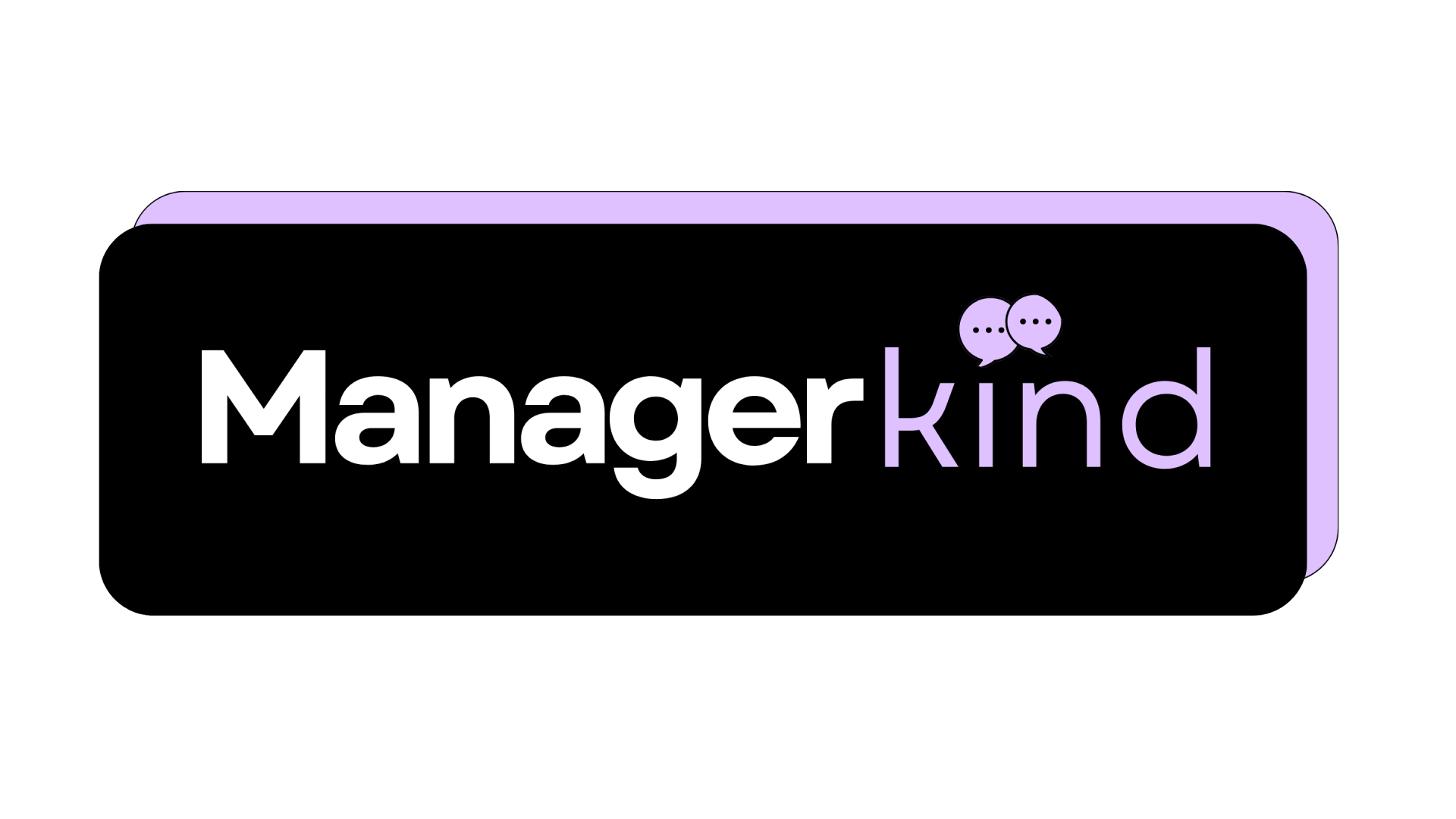For many new managers, the allure of the "final product" can be a trap, hindering the iterative process that leads to truly great ideas.
More crucially, when you become a manager and leader, you have to shed this old desire for fast results, in favour for getting to the "right" results. Senior managers think in phases and stages, are agile and develop their thinking over time.
In order to be successful as a manager you will need be good at something called "iteration" which is effectively building drafts of prototypes of your solution. This doesn't mean products, but seeing your work, whether that's a proposal or an idea to change a customer policy.
More crucially, when you become a manager and leader, you have to shed this old desire for fast results, in favour for getting to the "right" results. Senior managers think in phases and stages, are agile and develop their thinking over time.
In order to be successful as a manager you will need be good at something called "iteration" which is effectively building drafts of prototypes of your solution. This doesn't mean products, but seeing your work, whether that's a proposal or an idea to change a customer policy.
Why do we fall into this "final product" trap?
2 tips to master iteration
Example
Conclusion
Latest from our blog
Sign up to our BLOG for weekly content!
Thank you!
Write your awesome label here.
Free content to help managers become leaders
Sign up for a free account - we want to help as many managers as possible upskill


